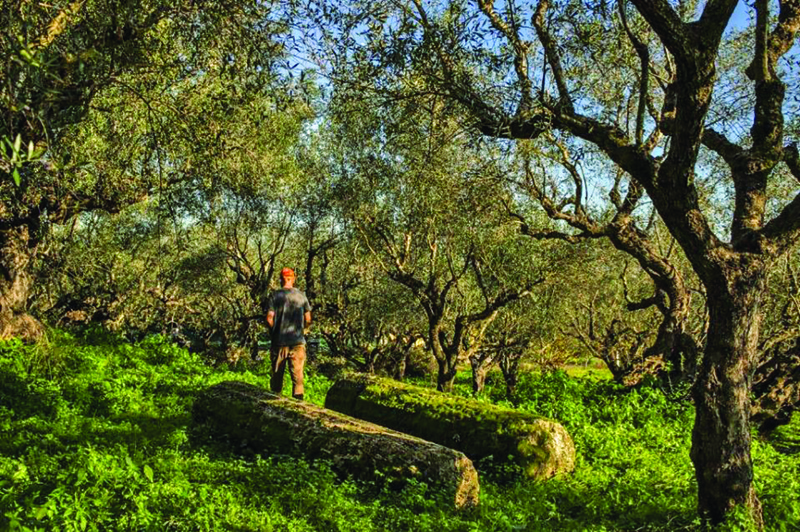As far as the eye can see, thousands of olive trees stretch to the sea in the Peloponnese’s Messinia peninsula. Olive oil, also called Greece’s “green gold,” fetched 790 million euros in 2019, according to data from EU agency Eurostat. A fall to around 650 million euros is expected this year.
Why? Because although most Greek olive producers are family businesses, they rely on migrant seasonal workers to harvest the crop. But with the coronavirus lockdown and closed borders this year, that isn’t possible.
In fact, Ioannis Andriopoulos, who works at a local agricultural cooperative, adds that using seasonal workers is also not possible because these workers are often undeclared and as a result, they steer clear of COVID-19 tests to avoid deportation.
“It’s hard to trust undocumented workers. They haven’t been tested for fear of being arrested, but what if you’re infected?” the 50-year-old told The Kuwait Times.
Instead, Greek olive growers are having to call on extended family and local residents for help.
“There are no workers to harvest the olives,” olive producer, Panagiotis Outsikas, told euronews. “We can’t pick them all. We will do it on our own. We are four siblings.”
One grower had to ask his sister and elderly mother for help to harvest his 1,000 trees.

“It’s how our grandparents used to do it,” olive grower, Nikos Argirakis, says. “The harvest was always a family affair.”
“In previous years we had at least 100 to 120 foreign labourers that would come for work in our village. This year, no more than fifteen.”
Usually completed at the end of November, the harvest will now drag on until the end of December.
With Greece being the fourth biggest olive oil producer in the world behind Spain, Italy and Tunisia, it looks like villagers have a busy few weeks ahead.

